The newly-established Beijing Stock Exchange (BSE) started trading Monday, marking a key step in China's efforts to deepen capital market reform and support small businesses.
At the launching ceremony, Yi Huiman, chairman of the China Securities Regulatory Commission, has hailed the launch of BSE as "another landmark in China's capital market reform and development."
The launch came only two months after an announcement of the plan for a new stock exchange, in addition to the two existing bourses on the Chinese mainland -- in Shanghai and Shenzhen respectively.
The first batch of 81 companies debuted on Monday, of which 10 were newly approved and 71 were transferred from the selected tier of China's National Equities Exchange and Quotations, also known as the "new third board."
As of 10:20 a.m., shares of all the 10 newly-listed companies had triggered temporary suspension twice as their prices jumped over 60 percent. These shares continued rallying after trading resumed, with the highest surging by over 500 percent at some point.
The stock exchange doesn't limit the price change of the newly-listed companies on the first trading day, but trading will be suspended for 10 minutes when stock prices fluctuate by over 30 percent and over 60 percent.
All 81 firms are top performers in their respective sectors, boasting sound business operations and great potential for growth, said Li Xudong, managing director of China Securities.
Li added that 87 percent of these firms are from fields such as advanced manufacturing, high-tech service and strategic emerging industries, with their average spending on research and development topping 25.36 million yuan (about 3.97 million U.S. dollars).
Over 95 percent of China's enterprises are small and medium-sized enterprises (SMEs). These small businesses are major job creators in the country and an important part of its real economy but have long suffered from insufficient financing.
"Setting up the BSE is of vital importance in creating a multi-level capital market, improving financial support for SMEs, as well as promoting innovation-driven development and economic transformation and upgrading," Yi said.













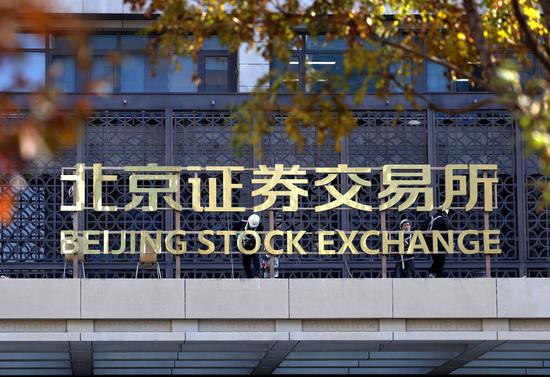

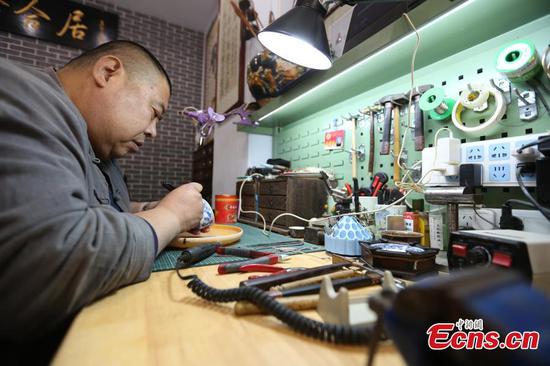



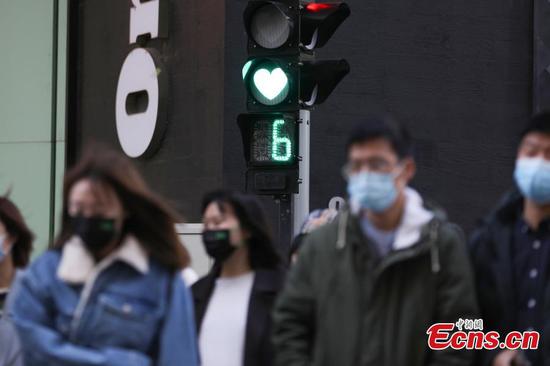






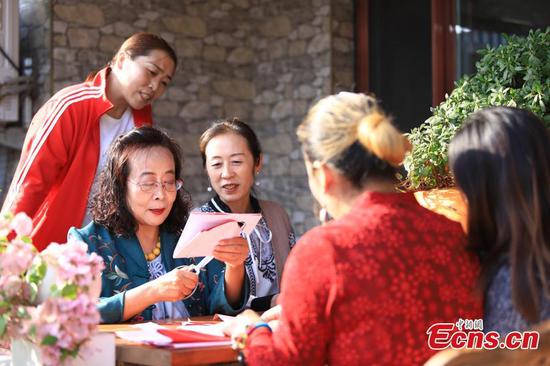




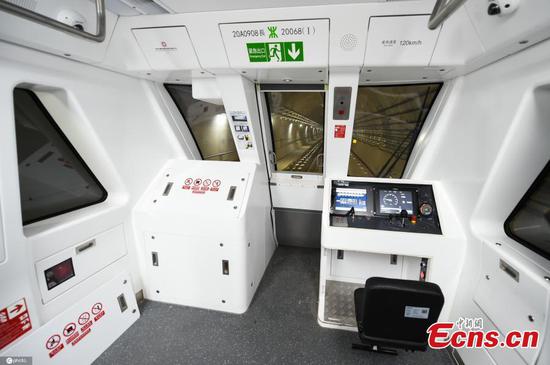



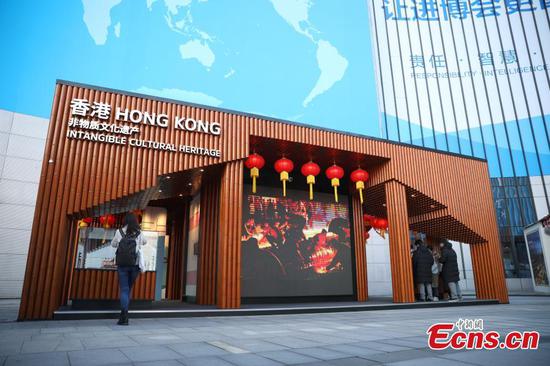






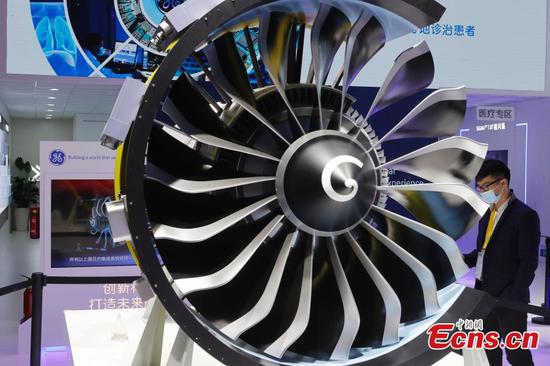







 京公网安备 11010202009201号
京公网安备 11010202009201号